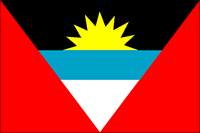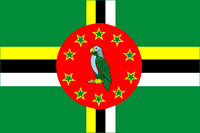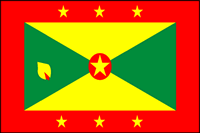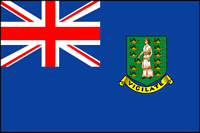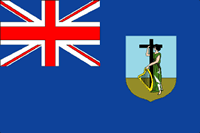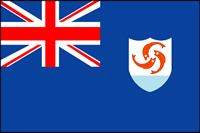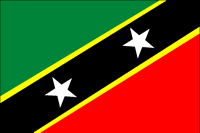Regional Integration Through Growth Harmonisation and Technology (RIGHT) Programme
Regional integration is the cornerstone of the OECS. It is our belief that we are stronger together. The revised Treaty of Basseterre (2010) makes provision for an economic union among Member States.
Accelerating regional integration in the Eastern Caribbean region is multifaceted. Understanding this, the European Union through its 11th Economic Development Fund (EDF) partnered with the OECS Commission to further this strategic priority by implementing the Regional Integration Through Growth, Harmonisation and Technology (RIGHT) Programme.
The OECS is currently implementing this €11.320 million multidimensional projects which falls under three strategic themes:
1) Free Movement,
2) Sustainable Development, and
3) International Competitiveness
The Regional Integration Through Growth Harmonisation and Technology (RIGHT) Programme
The Regional Integration Through Growth Harmonisation and Technology (RIGHT) Programme is a €11 million programme funded by the European Union under the 11th European Development Fund (EDF). The main objective of the programme is to advance regional integration in the Eastern Caribbean in multiple key areas. The RIGHT Programme is being implemented by the OECS Commission through its Economic Affairs and Regional Integration Division, along with multiple partners including the European Union (EU), INTERREG Caraïbes, the United Nations Conference on Trade and Development (UNCTAD), the World Bank and the Convention on International Trade in Endangered Species of Wild Fauna and Flora (CITES). The programme was launched in 2019 and should be completed in 2024.
Beneficiary countries
The Regional Integration Through Growth Harmonisation and Technology (RIGHT) Programme mainly aims to accelerate regional integration in multiple areas in specific Member States of the OECS namely, Antigua and Barbuda, the Commonwealth of Dominica, Grenada Montserrat, Saint Kitts and Nevis, Saint Lucia, Saint Vincent and the Grenadines.
Goals
The OECS Commission, through its Economic Affairs & Regional Integration Division, is mobilizing efforts to implement the Regional Integration Through Growth Harmonisation and Technology (RIGHT) Programme which has two main objectives:
- to strengthen the architecture and operations of the OECS for enhanced efficiency and effectiveness of the integration process among its Member States and,
- to promote a climate-resilient economy by increasing jobs and supporting growth.
Overall, the priority objective of the RIGHT Programme is to improve the lives and livelihoods of the people of the OECS by accelerating regional integration through reforming and implementing policies, providing technical and financial support to industries, elevating trade, building resilience and advancing the business environment.
Components
The Regional Integration Through Growth Harmonisation and Technology (RIGHT) Programme includes multiple components that are currently being implemented by the OECS Commission through its Economic Affairs and Regional Integration Division, along with Ministries of the OECS Member States and regional and international agencies:
- The Implementation of the OECS Unique ID
- The Strengthening of the Border Management Systems
- The Short-term Social Security Benefits Portability
- The Strengthening of the Consumer Protection Environment
- The Establishment of a Free Circulation of Goods Legislative Framework
- The Harmonisation of the OECS Border Tax Structure
- The Introduction of a Regional Risk Management System for the OECS Customs Union
- The Development of an Integrated Services Business Eco-System
- The Empowerment of the OECS through Data
- The Support of Regional Cooperation
- The Promotion of Innovative Entrepreneurship
- The Enhancement of Tourism Competitiveness
- The Increase of Opportunities for Market Entry and Promotion
- The Blue BioTrade Project
- The implementation of the OECS Development Strategy
- The Support of the OECS Business Council
- The Harmonisation of the OECS Investment Frameworks
- The Strengthening of Intellectual Property
1- The Implementation of the OECS Unique ID

The Common OECS Identification System will build on the platform already established through the Multi-Purpose Identification System (MPID) project. The project will assist participating OECS Member States in strengthening the three processes identified under the MPID, namely, the enrollment, the verification and the issuance of the OECS Common Identification (ID). This project is part of the RIGHT programme and it is being implemented together with the World Bank’s OECS Regional Health Project.
2- The Strengthening of the Border Management Systems
This project focuses on supporting participating OECS Member States to establish and operationalise a harmonised Border Management System (BMS), based on an OECS Border Harmonisation Initiative Project completed in May 2018. The interoperability of the BMS is critical in advancing regional integration in the Eastern Caribbean and in providing assistance to the immigration authorities regarding identifying and recording travellers, including visitors and victims of natural disasters. This project will also assist in identifying and managing potential or actual security risks using biometric data for travellers moving anywhere and at any time within the OECS Single Economic Space. This project is being implemented with the Caribbean Community Implementing Agency for Crime and Security (CARICOM Impacs).
3 - The Short-term Social Security Benefits Portability

Currently, there is a break in the coverage for short-term social security benefits such as sickness, maternity, employment injury, and funeral costs for a period of six (6) months following the movement of people between Protocol Member States for employment and/or permanent residence. This project seeks to address this gap by supporting participating OECS Member States by facilitating the harmonised administration of social security benefits across the OECS.
4 - The Strengthening of the Consumer Protection Environment

The focus of this project will be capacity building among key stakeholders for the implementation of an OECS Competition and Consumer Protection Framework. Activities will aim at determining and establishing an appropriate OECS-wide competition commission facility.
5 - The Establishment of a Free Circulation of Goods Legislative Framework

The OECS Commission is advancing five pieces of primary legislation for enactment, which it considers a minimum to achieve operationalisation of the customs union and the desired free circulation of goods. This component of the RIGHT Programme is critical for regional integration in the Eastern Caribbean.
6 - The Harmonisation of the OECS Border Tax Structure

The objective of this project is to help develop a harmonised border management structure for the OECS Customs Union which is efficient, predictable, and transparent in managing the importation and exportation of goods into the Eastern Caribbean Economic Union and facilitates the free circulation of goods among Protocol Member States.
7 - The Introduction of a Regional Risk Management System for the OECS Customs Union

The operationalisation of a Regional Risk Management System entails efficient inter- agency connectivity to enhance national risk management programmes as well as cross-border connectivity of national border agencies to facilitate the real-time exchange of risk-related information. This includes national pest and pesticide lists; lists of prohibited goods; rejections, detentions and quarantining of consignments; and rapid alert notifications of international, regional, and national threats to the health, safety, and security of the Eastern Caribbean Economic Union.
8 - The Development of an Integrated Services Business Eco-System

The focus of this project will be capacity building among key stakeholders for the implementation of an OECS Competition and Consumer Protection Framework. Activities will aim at determining and establishing an appropriate OECS-wide competition commission facility.
9 - The Empowerment of the OECS through Data

Informed citizens are empowered citizens. Empowered citizens are equipped to make good decisions about their lives and livelihood. Good decisions require quality data that are publicly available and that are accessible anytime and anywhere. The implementation of the OECS Regional Strategy for the Development of Statistics (RSDS) is consolidating the OECS integration processes based on strengthened economic resilience and sustainability. The specific objective of this programme is to strengthen the architecture and operations of the Eastern Caribbean Economic Union for enhanced efficiency and effectiveness of the integration process among its Member States.
10 - The Support of Regional Cooperation
This project underpins the overall implementation methodology which aims to strengthen the institutions of the Eastern Caribbean Economic Union through capacity building, networking and sharing of best practices.
11 - The Promotion of Innovative Entrepreneurship

The interventions earmarked under this project are a subset of the recommendations of Compete Caribbean OECS Innovation and Entrepreneurship Ecosystem Diagnostic Scoping Report 2. To nurture the development and growth of start ups and secure their sustainability, this project will focus on supporting potential high-growth MSMEs through the establishment of Incubator and Accelerator Programmes.
12 - The Enhancement of Tourism Competitiveness

This project aims at enhancing the product offering of the tourism sector across OECS Member States. The two major elements of this component include improvement in the Heritage and Community Based Tourism Product. This project also provides resources for institutional strengthening and the deployment of a Niche Tourism Marketing strategy.
13 - The Increase in Opportunities for Market Entry and Promotion

This is a major part of the RIGHT Programme which will deepen regional integration in the Eastern Caribbean. A key output of this activity is the OECS Virtual Expo which will be supported by a sustainable financing model predicated on a fee-for-service model. This activity will entail the development of a virtual e-business solution that would be multifunctional and seek to link OECS goods and services suppliers with potential opportunities. The OECS Competitive Business Unit and the network of Business support organisations have collaborated with CROSQ and national Standards Bureaus to provide capacity building and training for firms on quality and standards related issues. This intervention aims to build on this capacity by working directly with those exporters that are pursuing the implementation of international standards and quality management systems and providing them with the technical support to successfully attain accreditation.
14 - The Blue BioTrade Project

The Blue BioTrade Project is a €2 million initiative that was launched in October 2020. The project mainly aims to empower small-scale coastal producers from the Eastern Caribbean to produce and trade queen conch products sustainably in domestic, regional, and international markets. The Blue BioTrade Initiative is being implemented by the OECS Commission and the United Nations Conference on Trade and Development (UNCTAD) in partnership with the Convention on International Trade in Endangered Species of Wild Fauna and Flora (CITES).
The Blue BioTrade Project was launched in 2020 and should be completed in 2022.
15 - The implementation of the OECS Development Strategy

The OECS Development Strategy (ODS) represents the systematic approach adopted by the Eastern Caribbean Economic Union to holistically respond to pressing threats to the common ideal of social and economic betterment of the people of the OECS. The ODS has been developed around three pillars:
1. Generating Economic Growth;
2. Promoting Human and Social Wellbeing;
3. Sustainable Use of Natural Endowments.
The ODS covers the 10-year period to 2028 and while it is firmly situated in the realities of the OECS, it is aligned with various multilateral development agenda, including the United Nations’ Sustainable Development Goals (SDGs).
16 - The Support of the OECS Business Council

The OECS private sector through the institutionalisation of the OECS Business Council (OBC) has embarked on a mission to deliver a transformational organisation to represent their interests. As part of the RIGHT Programme, this apex body is advancing a cooperative initiative which is envisioned to become an economically competitive and sustainable force that will deepen regional integration in the Eastern Caribbean.
17 - The Harmonisation of the OECS Investment Frameworks

OECS Member States must both collaborate to seek new, innovative approaches to secure increased foreign investment but also to coordinate and harmonize their investment generation strategies to gain maximum benefits for the region. This project aims to establish a common regional investment promotion framework to create a governance architecture for investment promotion and facilitation based on international best practice, in particular, the facilitation of a common approach towards governance and regulatory process for the various national Citizenship by Investment Programmes (CIPs).
18 - The Strengthening of Intellectual Property
This project will start soon.
Stay tuned for more updates!
Resources
Access more resources on Free Movement in the Eastern Caribbean via the OECS Library.
Partners
The OECS has been partnering for multiple years with regional and international agencies that support the advancement of Regional Integration in the Eastern Caribbean.
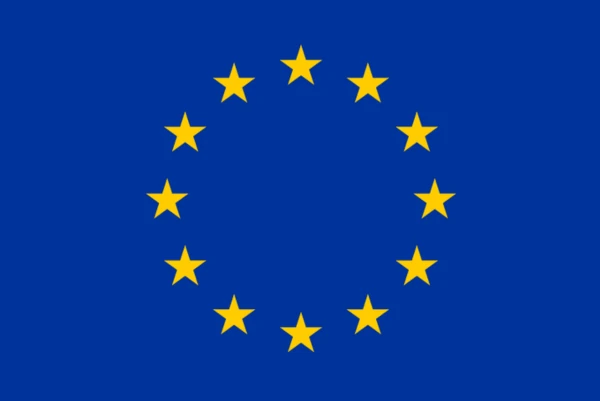
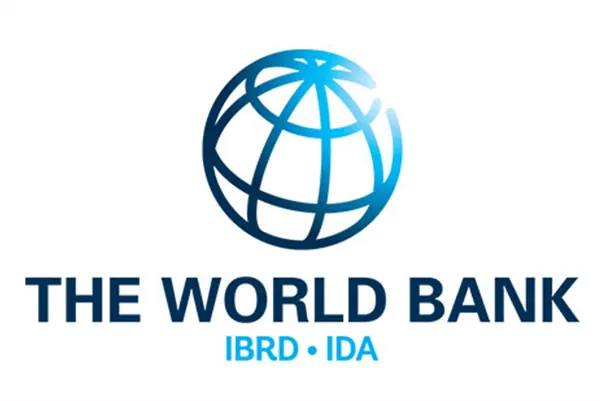
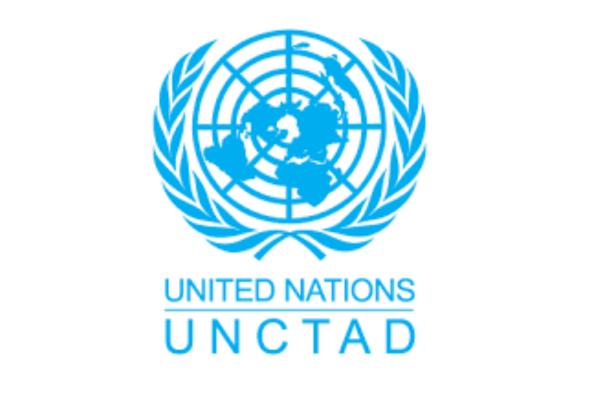
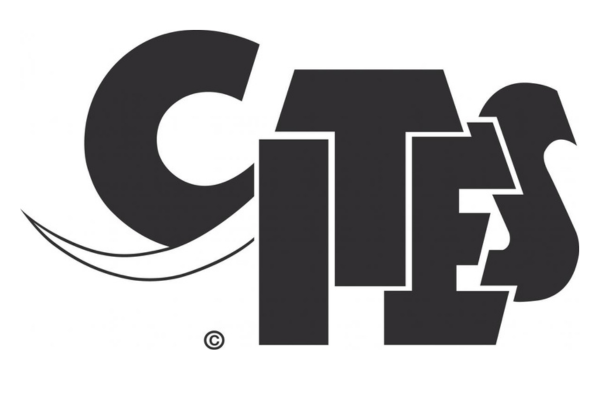
Contacts
Clarence Henry
Senior Technical Officer - Regional Integration
Tel: +1 (758) 455-6360
clarence.henry@oecs.int
Shekeri Gravillis
Technical Specialist - Regional Integration
Tel: +1 (758) 455-6361
shekeri.gravillis@oecs.int
Learn more on Regional Integration in the Eastern Caribbean
The OECS is working in close collaboration with all the Ministries of its Member States on all matters related to Free Movement in the Eastern Caribbean.
